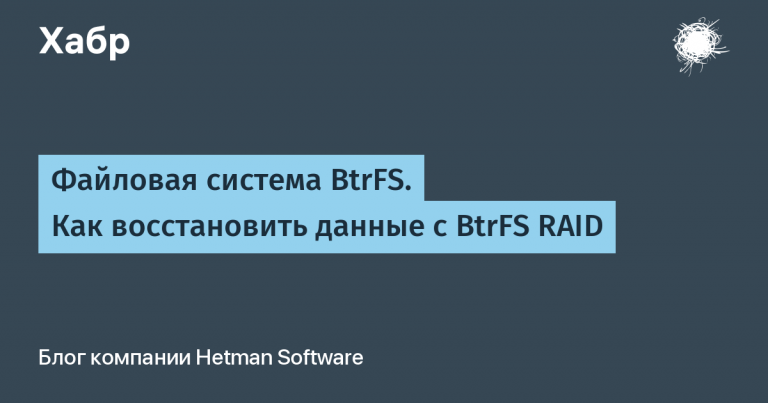The money is someone else's, the problems are yours
Friday evening, at my home in the near Moscow region I collect lego low-code. The other half is approaching – she received a payment of 42 thousand rubles from an unknown Anyuta Ivanovna to a Sberbank card. Guessing that this will be followed by a call asking to return the money, we write a request to the support chat. While we are waiting for an answer, unknown people really start calling and explaining that an error has occurred: the mother transferred money to her son to pay for an apartment, this money is urgently needed and must be returned immediately. The “mother's” phone number resembles the sender, and the second number has nothing in common with the recipient's number. We explain that the process has begun, the application has already been submitted and everything will soon be resolved to mutual satisfaction.
And then comes a response from Sberbank, which abruptly changes the situation:
We cannot return an erroneously received transfer to St. Petersburg. We recommend waiting for a call from the sender to clarify the details for an independent refund.

All the details we have are an incomplete full name and phone number, and also the sender's bank – Alfa. Thus, Sber support suggests taking the word of unknown people and sending money in an unknown direction. Where is the guarantee that in 5 minutes there will not be a call from someone else? A call to Alfa only confirmed that the situation is becoming a problem, since we were also advised to sort it out ourselves.
IN article in the Rossiyskaya Gazeta it says:
…if funds are transferred through the SBP by mistake, you must contact your bank in all cases, but the possibility of a refund depends on the recipient category. For example, if the money was transferred to an individual, it will not be possible to recall the payment unilaterally – the consent of the recipient of the transfer and their bank will be required. In such a situation, you need to contact your bank and report an error in the payment (for example, the money was transferred to the wrong recipient or in the wrong amount).
The bank is obliged to accept the client's request for a transaction made via the SBP and forward it to the recipient's bank, which is also obliged to review it and inform its client of the sender's error. If the recipient does not want to return the money received on his account, it can only be returned through legal proceedings (as unjust enrichment of the recipient of the payment)…
The scheme is not the simplest and unpleasant for everyone: the sender has no guarantee of returning their funds, and the recipient cannot return them through the bank themselves, risking being accused of illegal enrichment. And you can be sure – accusations of callousness and suspicions of greed did not take long to come after we advised unknown people to contact Alfa.
The next day, Saturday, we spent a lot of time first filing a statement at the Sberbank office and then at the police station stating that we did not want to withhold the funds we had received and intended to return them to the sender as soon as possible. I took as a basis text from a fellow sufferer on banki.ru (for which he is very grateful), adding phone numbers. While drawing up the report, the detective complained that the legislative framework for combating cybercrime in the Russian Federation is lagging far behind reality.
At the Sberbank branch, they confidently told us that we were dealing with scammers and that it was absolutely impossible to return the money ourselves. They refused to accept our application and give us a copy with a mark of its acceptance, but instead they made up their own – to which a predictable response quickly came. We also contacted Sberbank Ombudsman Serviceafter which they called us back from number 900 with a promise to sort everything out – and it was this communication channel that unexpectedly worked.
A week after the events began, a disputed amount was written off from the account, and the recipient's MCC code 5715 was alarming – wholesale alcohol sellers. It's good that they called from 900 almost immediately and reassured us that this was a write-off based on our application. The next day, unknown people reported that they had received their money, and a few days later we printed out a letter at the bank office confirming the return of funds to the sender.
As a result, the Sberbank Ombudsman Service deserves great respect, Sber support needs to make adjustments to its scripts, the police needs new cyber laws, but the question remains. Why, in the fifth year of SBP transfers, is it impossible to implement a one-touch refund to the SBP sender? There are situations, their number is growing in proportion to the growth of SBP transfers, but there is no standard settlement procedure…



